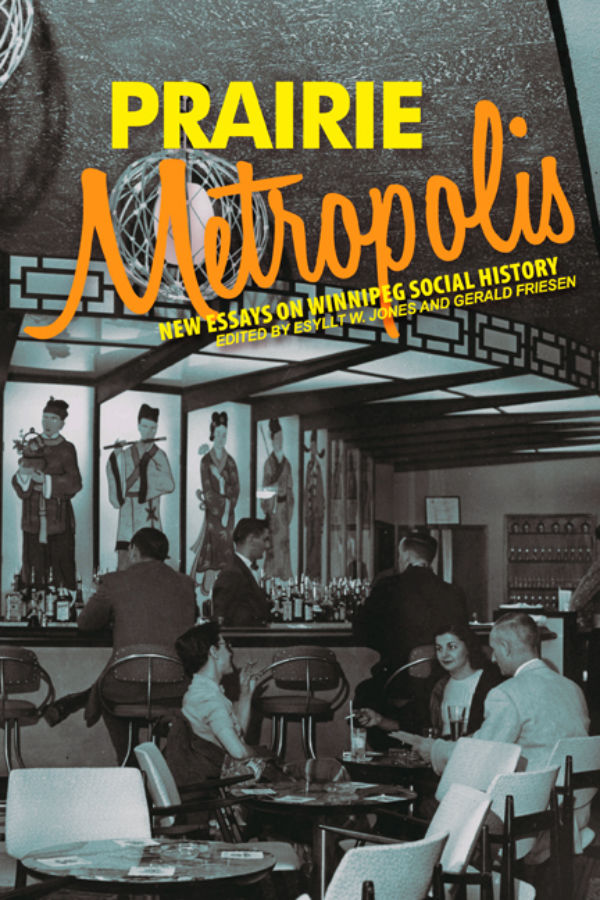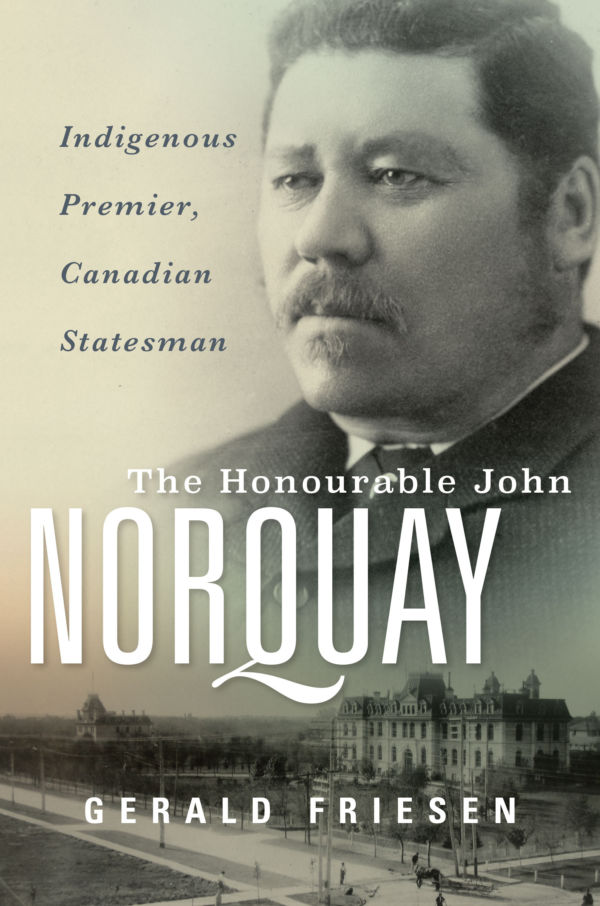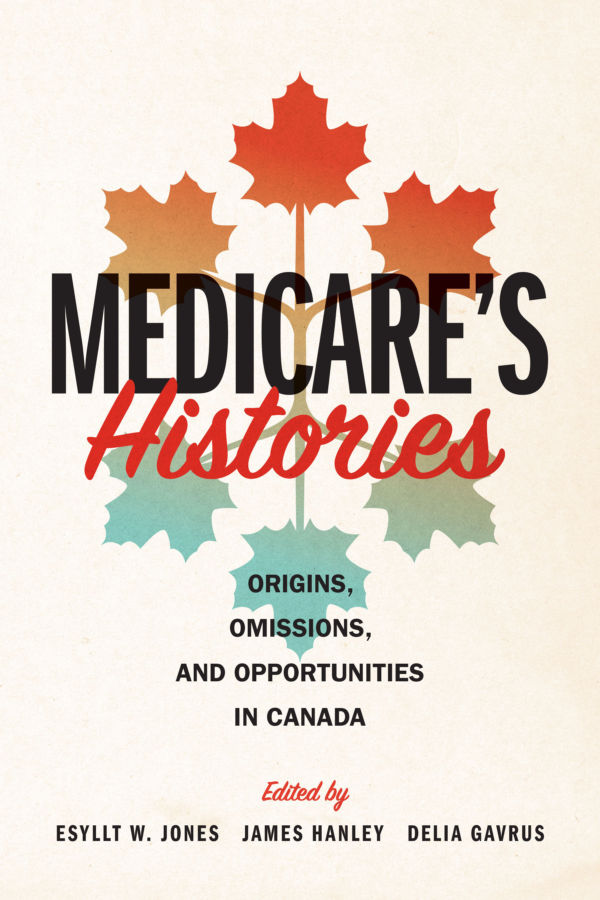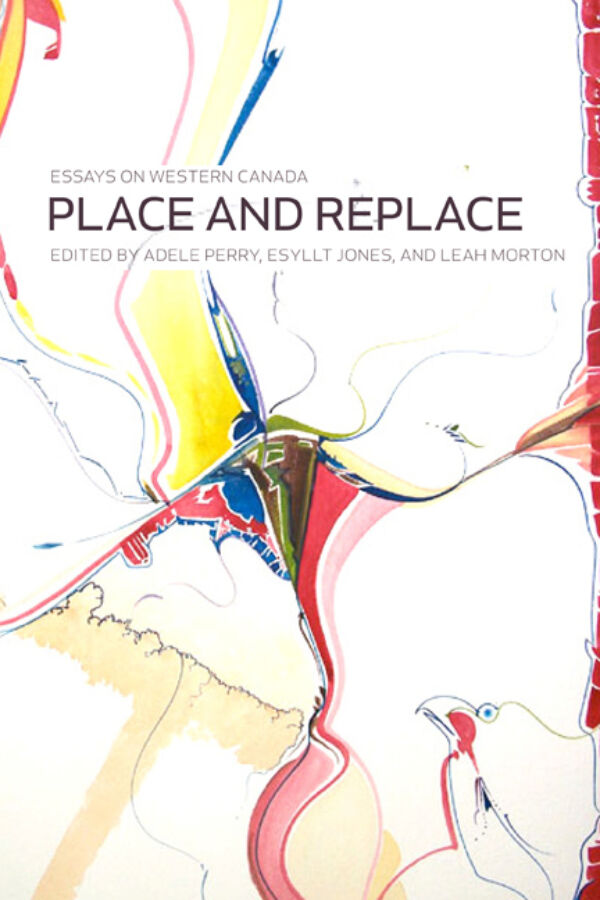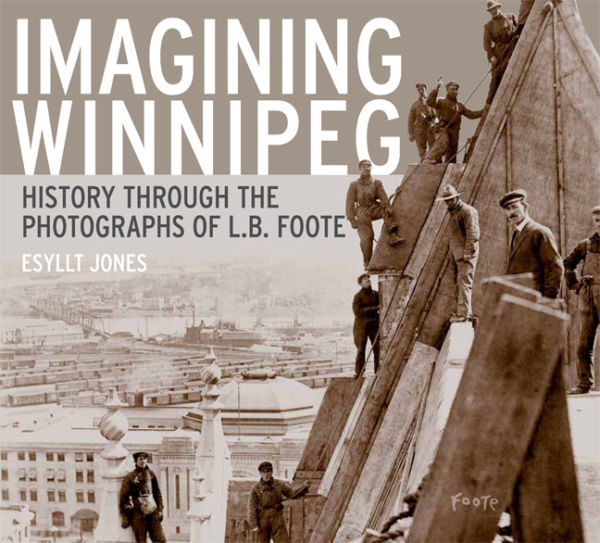Overview
At the turn of the twentieth century, Winnipeg was the fastest-growing city in North America. But its days as a diverse and culturally rich metropolis did not end when the boom collapsed. Prairie Metropolis brings together some of the best new graduate research on the history of Winnipeg and makes a groundbreaking contribution to the history of the city between 1900 and the 1980s. The essays in this collection explore the development of social institutions such as the city’s police force, juvenile court, health care institutions, volunteer organizations, and cultural centres. They offer critical analyses on ethnic, gender, and class inequality and conflict, while placing Winnipeg’s experiences in national and international contexts.
Awards
Carol Shields City of Winnipeg Book Award (2009)
About the Authors
Other contributors: Dale Barbour, Crista Bradley, Angela E. Davis, Lesley Hall, Kurt Korneski, Megan Kozminski, Marion McKay, Tamara Miller, Jody Perrun, Ed Rea, Janis Thiessen, Cassandra Woloschuk
Table of Contents
Part One: Reform and Growth in the First 60 Years
1. Minnie J.B. Campbell, Reform, and Empire / 2. Empty-handed Constables and Notorious Offenders: Policing an Early Prairie City “According to Order” / 3. Protecting and Policing Children: The Origins and Nature of Juvenile Justice in Winnipeg / 4. The Margaret Scott Nursing Mission / 5. The Tubercular Cow Must Go: Business, Politics, and Winnipeg’s Milk Supply 1894–1922 / 6. Brigden’s and the Eaton’s Catalogue: Business and Art in Winnipeg 1914–1940
Part Two: War and Post-War in Winnipeg
7. “Gloaming” to Growing: The Experience of the Institutionalized Elderly at Winnipeg’s Middlechurch Home, 1907–1984 / 8. The Spirit of Service: Winnipeg’s Voluntary War Services During the Second World War / 9. Drinking together: The Role of Gender in Changing Manitoba’s Liquor Laws in the 1950s / 10. Winnipeg’s Palliser Furniture in the Context of Mennonite Views on Industrial Relations, 1974–1996 / 11. The History of the Winnipeg Indian and Métis Friendship Centre, 1951–1968 / Epilogue: Prairie Meropolis: A Personal View

